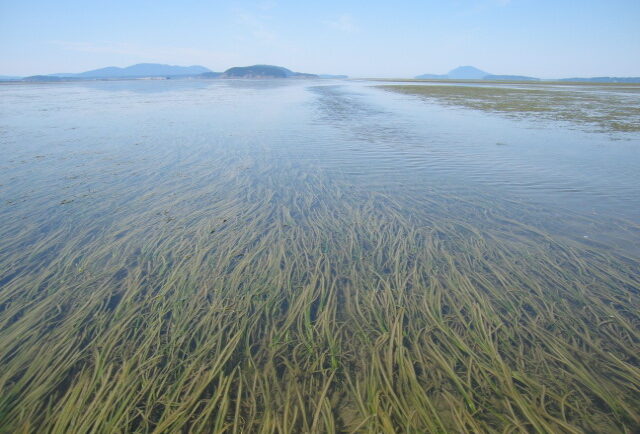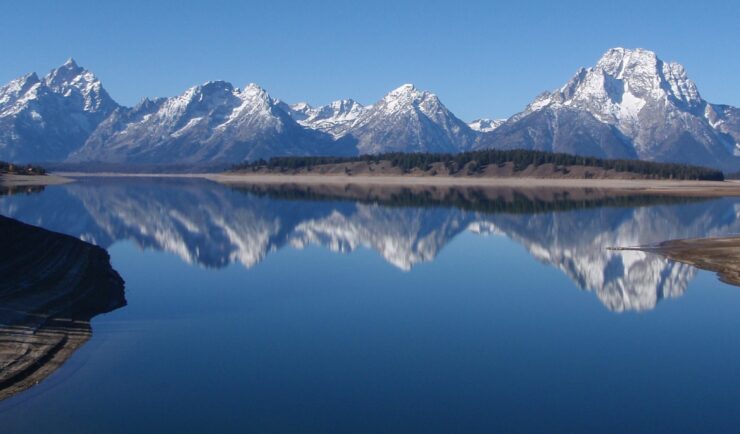- Employee Spotlight
- Environmental Resource Assessment & Management
NOAA Diversity in External Services Award Winner

Congratulations to Melis Ӧkter for receiving the first, annual NOAA Diversity in External Services Award. Melis is one of our coastal management specialists supporting our subcontract with NOAA’s Office for Coastal Management. This award recognizes Melis’ work establishing partnerships and networks to create a safe space to learn and share about diversity and equity issues. Melis provided information and resources, such as risk communication and nature-based solutions, from the client to underserved communities. In addition, Melis is a leader of diversity, equity, and inclusion within the National Estuarine Research Reserve System, whose staff work closely with local communities. A big congratulations to Melis on this well-deserved award!
See More CSS Insights

Employee Owners Nominated for NOAA Gold Medal Award
Congratulations to CSS employee owners supporting NOAA’s National Centers for Coastal Ocean Science for their nomination for the NOAA Gold Medal Award! CSS employee owners have been critical members of the team charged with the rapid development of spatial models that aid in offshore wind planning in the Gulf of Mexico. The team has collected…

World Seagrass Day!
Seagrasses are critical to coastal and ocean ecosystems, protecting coastlines from erosion, stabilizing ocean sediment, and improving water clarity. They provide food and shelter for aquatic life, including seahorses, turtles, thousands of species of fish, and more. In addition, they are amazing carbon sequesters, meaning they absorb atmospheric carbon reducing greenhouse gases. On World Seagrass Day, we…

1000 Samples of Lake Water Collected and Processed
Congrats to our team supporting U.S. Environmental Protection Agency’s Office of Research and Development for completing the processing and initial chemical analyses of 1000 lake water samples! They received lake water samples from across the continental U.S. this past summer and have completed the initial chemical analyses as part of the U.S. EPA 2022 National…
